Persimmons
oldbusy1
10 years ago
Related Stories
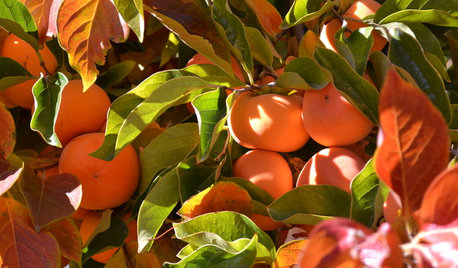
FRUIT TREESHow to Grow Your Own Persimmons
Sturdy and easy to care for, these trees offer bright fruit through winter — and keeping them in bounds is no sweat
Full Story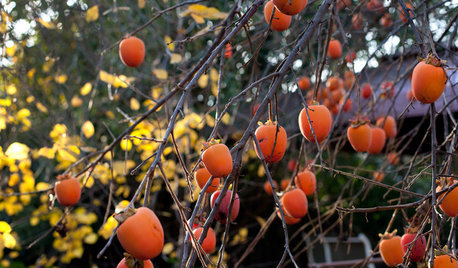
EDIBLE GARDENSGreat Design Plant: Persimmon
Combining beautiful fruit, vivid fall leaves and low maintenance, this tree is a winner in the garden
Full Story
DECORATING GUIDESRust for All Seasons
Love Rust? Persimmon? Here's How to Live With Rich Warm Colors All Year
Full Story
ORANGEGuest Picks: Crushing on Orange
Whether you call it tangerine or persimmon, 20 ways to use Pantone's top hue for 2012
Full Story
ORANGECozy Up With Warm Clay Colors
Give your space an autumn color splash with shades of pumpkin and persimmon
Full Story
ORANGEGuest Picks: Everything Orange
Furniture and accessories in orange, persimmon, pumpkin and paprika are in season now
Full Story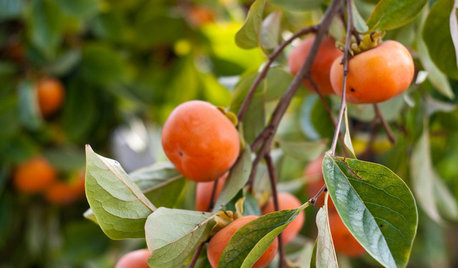
CALIFORNIA GARDENINGCalifornia Gardener's November Checklist
In a season of traditions, let's take advantage of California's familiar — as well as quirky — planting opportunities
Full Story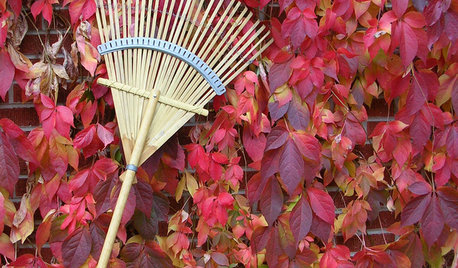
GARDENING GUIDESYour November Garden Checklist
What to do around the U.S. this month to help your garden thrive — when you're not admiring fall's brilliant colors, that is
Full Story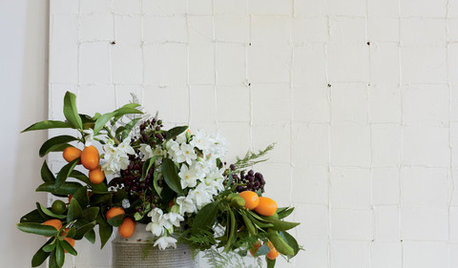
DECORATING GUIDESPut Your Best Fruit Forward in Splendid Fall Arrangements
Luscious, colorful and unbeatably fresh, fruit-centered arrangements bring welcome flavor to fall home decor
Full Story
DECORATING GUIDESHow to Make Beautifully Untamed Floral Arrangements
See how you can create your own floral feast for the holidays or any day
Full StoryMore Discussions






kfrinkle
soonergrandmom
Related Professionals
Cary Landscape Architects & Landscape Designers · Folsom Landscape Architects & Landscape Designers · Marina Landscape Architects & Landscape Designers · Conroe Landscape Contractors · Franklin Landscape Contractors · Kailua Landscape Contractors · Mequon Landscape Contractors · Middle River Landscape Contractors · New Cassel Landscape Contractors · Parkland Landscape Contractors · Petaluma Landscape Contractors · South Farmingdale Landscape Contractors · Tewksbury Landscape Contractors · Del City Decks, Patios & Outdoor Enclosures · North Aurora Decks, Patios & Outdoor Enclosureskfrinkle
Lisa_H OK
Okiedawn OK Zone 7
mulberryknob